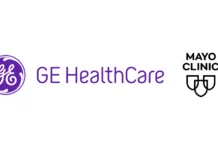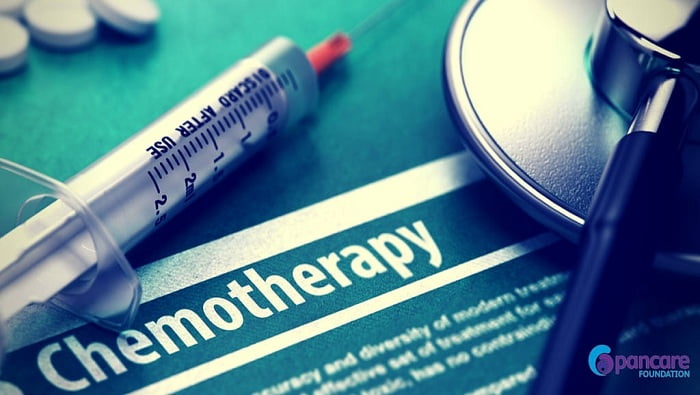Background
Adjuvant chemotherapy following resection is the standard of care for stage III colon cancer, yet many patients omit chemotherapy. We aim to describe the impact of delayed chemotherapy on overall survival across multiple time points.
Study Design
The 2006-2014 National Cancer Data Base (NCDB) was queried for patients with single primary stage III adenocarcinoma of the colon. Patients were grouped by receipt and timing of chemotherapy from resection date: chemotherapy omitted, <6 weeks, 6-8 weeks, 8-12 weeks, 12-24 weeks, and >24 weeks. Subgroup analyses were performed for those comorbidities, as well those who postoperative complications. Overall survival was compared using Cox proportional hazard modeling adjusting for patient, tumor, and facility characteristics.
Results
In total, 72,057 patients were included; 20,807 omitted chemotherapy, 22,705 received it at <6 weeks, 15,412 between 6-8 weeks, 9,049 between 8-12 weeks, 3,595 between 12-24 weeks, and 489 at >24 weeks following resection. Compared to patients who omitted chemotherapy, patients who received chemotherapy at <6 weeks (Hazard Ratio [HR] 0.44), 6-8 weeks (HR 0.45), 8-12 weeks (HR 0.52), 12-24 weeks (HR 0.61), >24 weeks (HR 0.68) had superior overall survival (p<0.001). This survival benefit was preserved across subgroups (p<0.001).
Conclusions
Following resection of stage III colon cancer patients should receive adjuvant chemotherapy within 6-8 weeks for maximal benefit. However, chemotherapy should be offered to patients who are outside the optimal window, who have significant comorbidities, or who have had a complication following >24 weeks from resection to improve the overall survival compared to omitting chemotherapy.


















